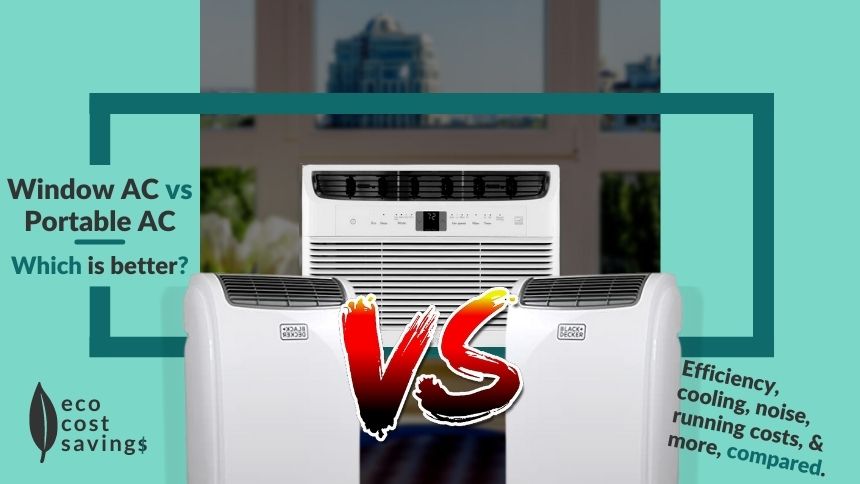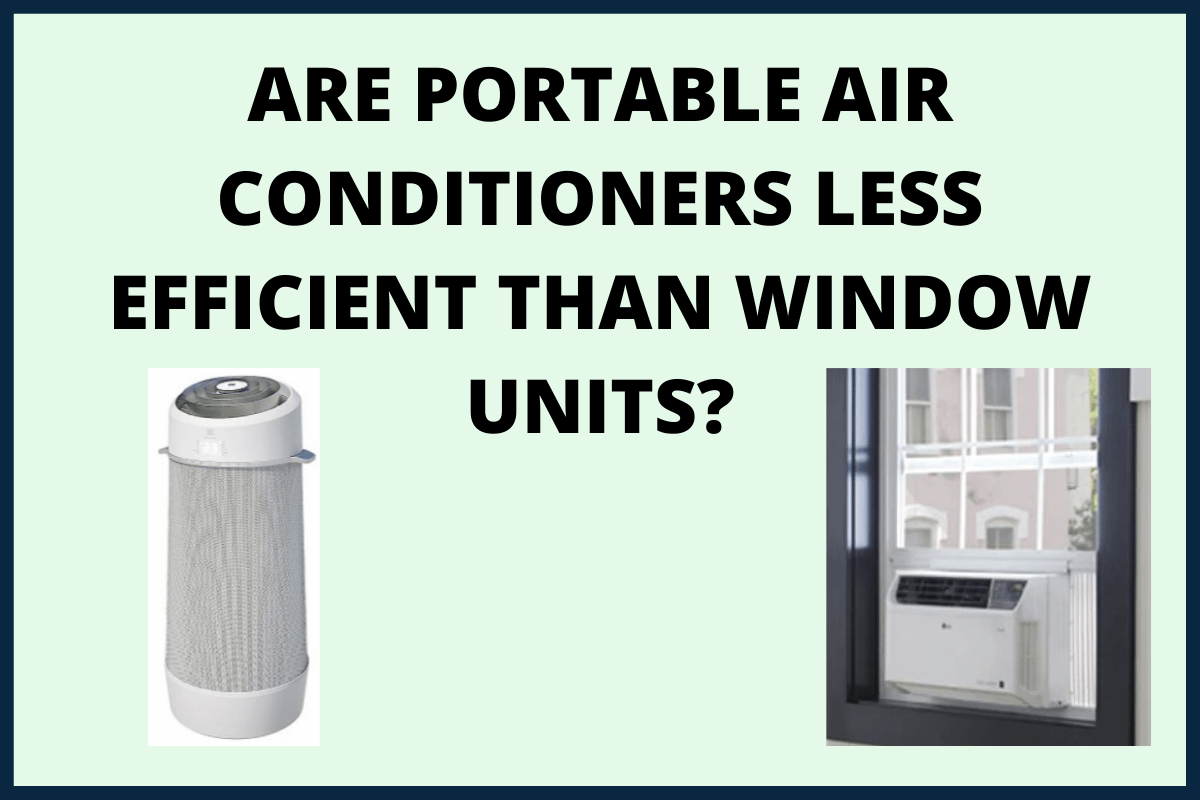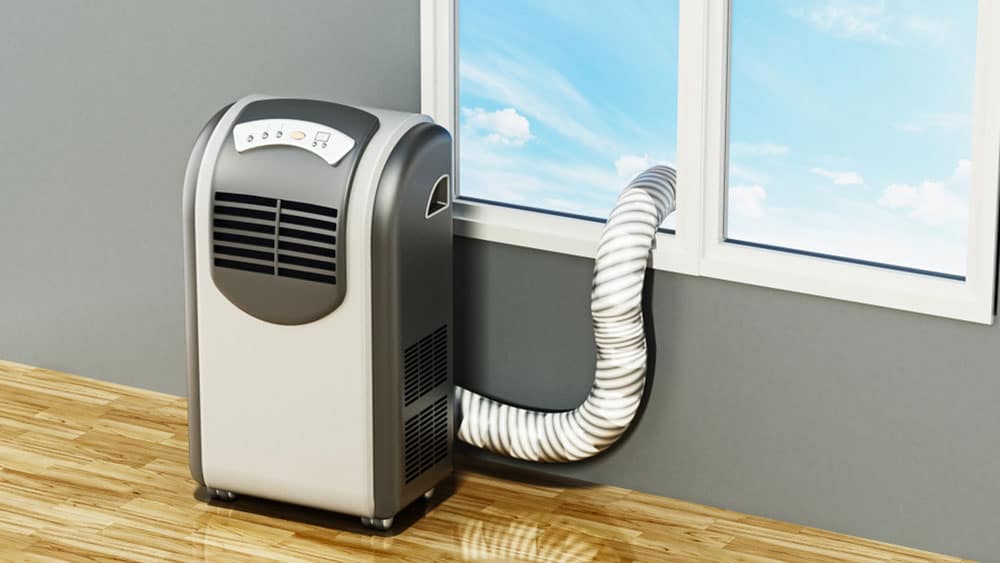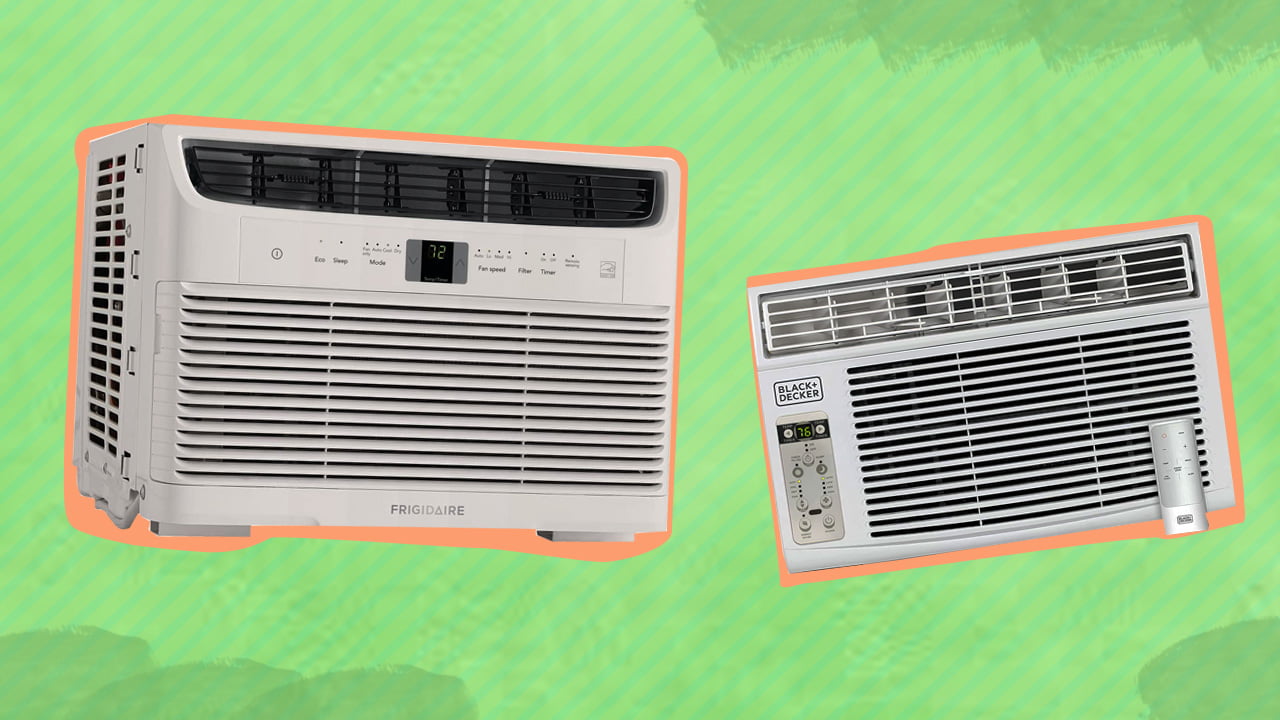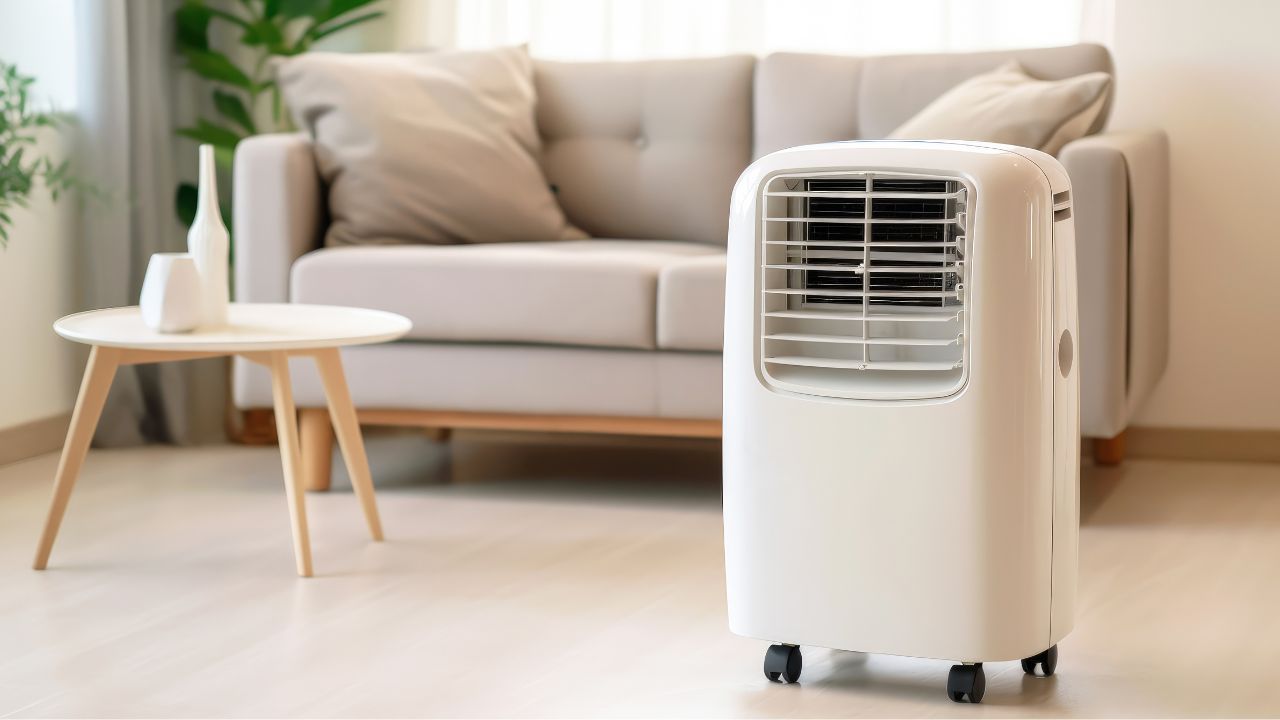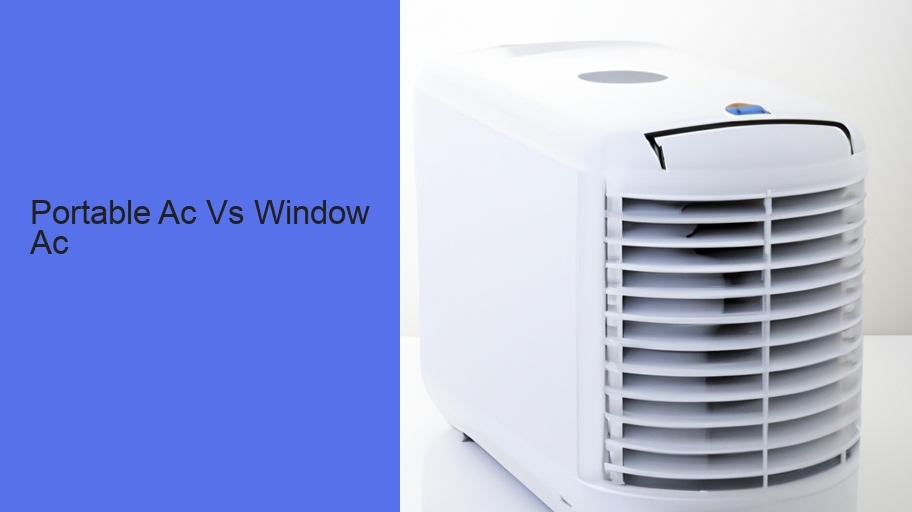Are Portable Ac Better Than Window Units
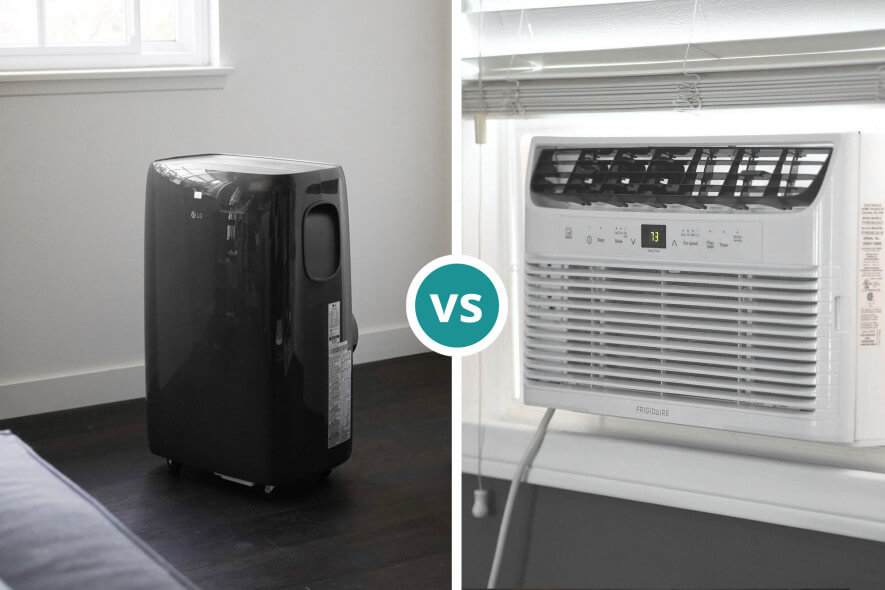
Frequently Asked Questions: Portable AC vs. Window Units
Choosing the right air conditioning solution can be confusing. This FAQ aims to clarify the differences between portable AC units and window units, helping you make an informed decision for your cooling needs.
Q1: What's the fundamental difference between a portable AC and a window AC unit?
The core difference lies in installation and exhaust. Window units are designed to be installed in a window, exhausting hot air directly outside. Portable ACs are self-contained units on wheels, requiring a vent hose to be routed outside, usually through a window kit.
Q2: Which type of AC is easier to install and set up?
Portable ACs generally have a simpler initial setup. You simply need to attach the vent hose and secure the window kit. Window units often require more physical effort for installation, potentially needing brackets and careful lifting to secure them properly. However, once a window unit is installed, it’s typically more secure and less prone to air leakage than a portable unit's window kit.
Q3: How do cooling power (BTUs) and room size compare between the two types of ACs?
Both portable and window ACs are rated in BTUs (British Thermal Units), indicating their cooling capacity. The higher the BTU rating, the larger the room it can effectively cool. However, it's important to note:
- Window units generally offer a wider range of BTU options, catering to both small and large spaces. You can find window units with very high BTU ratings.
- Portable ACs often have lower BTU ratings compared to window units of similar physical size. Some of their stated BTU rating can be reduced due to the inefficiency of the venting system, often leading to a smaller effective cooling area for a given BTU. The long exhaust hose can also warm up and reduce the overall cooling efficiency.
Always check the manufacturer's guidelines for recommended room sizes based on BTU ratings. Overestimating the required BTU is better than underestimating.
Q4: Which type of AC is more energy efficient and cost-effective to run?
Generally, window units tend to be more energy-efficient than portable ACs. This is primarily due to the following reasons:
- Better Insulation: Window units are designed to create a more airtight seal with the window, minimizing air leakage.
- Direct Exhaust: The direct exhaust of hot air outside is more efficient than the long vent hose of a portable AC, which can sometimes radiate heat back into the room.
- EER/SEER Ratings: Window units often have higher Energy Efficiency Ratio (EER) or Seasonal Energy Efficiency Ratio (SEER) ratings, indicating better energy performance.
While the initial cost of a portable AC might be lower, the higher energy consumption could lead to increased electricity bills over time. Look for Energy Star certified models for both types of ACs to maximize energy savings.
Q5: Which type of AC is quieter during operation?
Window units can be louder than portable ACs, especially older models. The compressor and fan are located directly in the unit, which sits in the window, transmitting vibrations and noise more directly into the room. However, some newer window units are designed with noise-reduction features.
Portable ACs can be quieter in some ways, as the main unit is inside the room and the compressor noise is somewhat muffled. However, the fan noise can still be noticeable, and the vibration of the unit on the floor can sometimes be an issue. Also, the noise from the exhaust fan can still be heard, especially near the window kit.
Consider the decibel (dB) rating of each unit before purchasing, especially if noise is a major concern.
Q6: Which AC offers more flexibility in terms of portability and placement?
Portable ACs clearly win in terms of portability. They can be easily moved from room to room as needed. This makes them ideal for situations where you only need to cool specific areas at certain times. This flexibility comes with compromises, as each location needs a window suitable for venting.
Window units are fixed in place and cannot be easily moved. They are designed for more permanent cooling in a specific room. While they lack portability, this permanence can be an advantage in providing consistent and reliable cooling.
Q7: What are the maintenance requirements for each type of AC?
Both portable and window ACs require regular maintenance to ensure optimal performance and longevity.
- Filter Cleaning: Both types require regular filter cleaning (usually every 2-4 weeks) to remove dust and debris. A dirty filter reduces airflow and cooling efficiency.
- Coil Cleaning: Periodically, the coils (both evaporator and condenser) should be cleaned. This can be done with a soft brush or a coil cleaner spray.
- Window Unit Sealing: For window units, ensure the unit is properly sealed to prevent air leaks and maintain cooling efficiency.
- Portable AC Vent Hose: Check the portable AC vent hose for any kinks or blockages that could restrict airflow.
- Water Drainage (Portable AC): Some portable ACs require periodic drainage of collected condensation. Others have a self-evaporating feature, but this might not be effective in very humid environments. Check the manufacturer's instructions for drainage procedures.
Following the manufacturer's recommended maintenance schedule will help prolong the life of your AC unit and ensure it operates efficiently.
Q8: What are the pros and cons of each type of AC?
Here's a quick summary of the advantages and disadvantages of each type:
Portable AC:
Pros:
- Portability: Easily moved from room to room.
- Simpler Initial Setup: Less demanding installation compared to window units.
Cons:
- Lower Energy Efficiency: Generally less efficient than window units.
- Venting Required: Needs a window or other opening for the vent hose.
- Can be Noisy: Some models can be quite loud.
- Window Kit Inefficiency: Window kits are often not airtight, leading to air leakage.
- May Require Water Drainage: Some models require manual water drainage.
- Can have lower effective BTU: Due to the exhaust hose warming up and not properly exhausting heat.
Window AC:
Pros:
- Higher Energy Efficiency: Typically more energy-efficient than portable ACs.
- More Powerful Cooling: Often available in higher BTU ratings.
- Secure Installation: Once installed, offers a more secure and airtight seal.
Cons:
- Permanent Installation: Cannot be easily moved.
- More Difficult Installation: Requires more physical effort for installation.
- Can be Noisy: Some models can be quite loud.
- Blocks Window View: Obstructs part of the window.
Conclusion:
Choosing between a portable AC and a window unit depends on your individual needs and priorities. If portability is paramount, a portable AC might be the better choice. However, if you prioritize energy efficiency, powerful cooling, and a more permanent solution, a window unit is likely the better option. Consider all factors carefully before making your decision to ensure you select the AC that best suits your needs.
